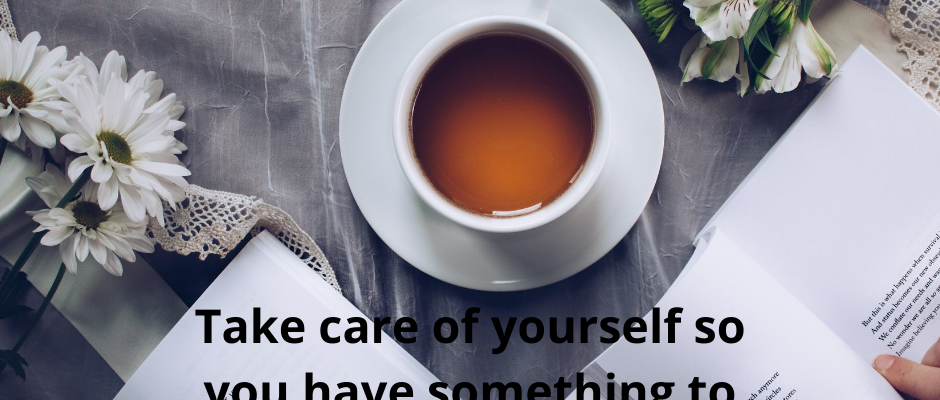Self-care is so crucial to well-being. We all know that but still, so many of us put it off until we are forced into taking better care of ourselves. Perhaps you get a cold or stomach bug that slows you down or might even land you in bed for a few days. You call off work, drink some not teas, and sip on chicken noodle soup.
Why wait until sickness settles and forces you to make yourself a priority. Self-care is not an option; it is mandatory if you want to be healthy and enjoy life to its fullest. It also creates balance and a sense of well-being. Engaging in regular self-care routines has been clinically proven to reduce or even eliminate anxiety, depression, reduce stress, improve concentration, minimize frustration and anger, increase happiness, improve overall energy, and more.
Self-care includes all of the things you can do to take care of yourself physically, emotionally, mentally/psychologically, and spiritually. We are powerless over the people and events in our lives, but we are very powerful when it comes to making healthy choices for ourselves. Some choices are part of the daily routine while others require more intention and focus. Here are some examples of self-care in the four different dimensions.
Physical self-care includes how you are nourishing your body, how much sleep you’re getting, how often you exercise or engage in some form of physical activity, how well you care for your physical needs which includes the ways you choose to manage your overall physical health.
Emotional self-care means becoming aware of and identify what you are feeling. Then, you allow yourself to lean into the feeling to better understand why you feel that way and what you need to do to honor why you feel the way you do. You can ignore or suppress your feelings but eventually they will surface again until you pay attention to them and resolve the underlying core issues.
Mental or psychological self-care includes but is not limited to: focusing on the positives, practicing daily gratitude, recognizing limiting core beliefs and finding ways to change them into more expansive beliefs that support your growth, setting realistic goals and priorities, and staying connected with friends and family you care about.
Spiritual self-care involves any kind of practice that you do to maintain and strengthen your connection with your higher self, your true self. It does need to be religious although for some people it might be their choice. Spiritual self-care also includes meditation, walking in nature, a prayer practice, yoga, going to a place of worship, keeping a journal, or setting aside some time for self-reflection. While self-care is important on all levels of our being, spiritual self-care nurtures your connection with your inner most self, thus fueling body, mind, and soul.
These steps may sound simplistic, but they have profound effects when engaged in regularly. Self-care is not hard; it just requires setting aside time to make yourself a priority. You cannot give to others what you do not have within yourself. It is easier to put others first rather than taking time to put yourself first. However, if you want to be healthy and strong you need to take care of yourself before you get sick. If you would like support creating new habits for greater well-being, please reach out to me. I would love to work with you! I can be reached here:



